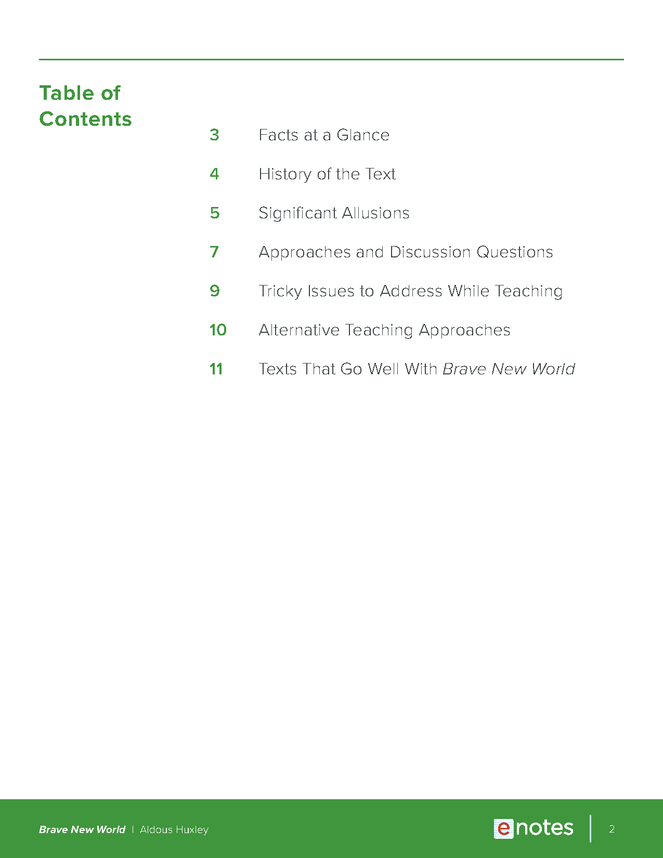

See below.Ī personal account can be used to get email alerts, save searches, purchase content, and activate subscriptions. Some societies use Oxford Academic personal accounts to provide access to their members. If you do not have a society account or have forgotten your username or password, please contact your society. Do not use an Oxford Academic personal account. When on the society site, please use the credentials provided by that society.If you see ‘Sign in through society site’ in the sign in pane within a journal: Many societies offer single sign-on between the society website and Oxford Academic. Society member access to a journal is achieved in one of the following ways: If you cannot sign in, please contact your librarian. If your institution is not listed or you cannot sign in to your institution’s website, please contact your librarian or administrator.Įnter your library card number to sign in. Following successful sign in, you will be returned to Oxford Academic.When on the institution site, please use the credentials provided by your institution.Select your institution from the list provided, which will take you to your institution's website to sign in.Click Sign in through your institution.Shibboleth / Open Athens technology is used to provide single sign-on between your institution’s website and Oxford Academic. This authentication occurs automatically, and it is not possible to sign out of an IP authenticated account.Ĭhoose this option to get remote access when outside your institution. Typically, access is provided across an institutional network to a range of IP addresses. If you are a member of an institution with an active account, you may be able to access content in one of the following ways: Get help with access Institutional accessĪccess to content on Oxford Academic is often provided through institutional subscriptions and purchases. The chapter explains how this irony is extended in Huxley's subsequent adaptation of Brave New World to a musical comedy. The totalitarian culture that is meant to be repellent is secured by a wide variety of vernacular pleasures that are, from a readerly perspective, paradoxically engaging. Lawrence's work registers the attraction of the material he claims to reject, the engineered pleasures in Brave New World, including the feelies, exert a frivolous, sleazy magnetism that often contradicts the novel's argument against careless hedonism.

It looks at Huxley's vision of futurity, or, as he called it, a “negative utopia,” that is paradoxically organized around pleasure. In particular, it considers the dense composite of references around the “feelies” in Brave New World, from a popular women's romance novel to William Shakespeare to race cinema and nature documentaries. OL64468W Page_number_confidence 90.41 Pages 294 Pdf_module_version 0.0.22 Ppi 500 Republisher_date 20120704185601 Republisher_operator Scandate 20120704085618 Scanner chapter examines the intricate balance of pleasure and unpleasure in Aldous Huxley's novel, Brave New World. Urn:lcp:bravenewworld00huxl_1:lcpdf:34f3ef8a-65c8-49ca-94b2-aa4e54bb33d0 Extramarc UCLA Voyager Foldoutcount 0 Identifier bravenewworld00huxl_1 Identifier-ark ark:/13960/t56d71g6d Isbn 0060929871 Lccn 98008385 Ocr tesseract 5.3.0-3-g9920 Ocr_detected_lang en Ocr_detected_lang_conf 1.0000 Ocr_detected_script Latin Ocr_detected_script_conf 0.9861 Ocr_module_version 0.0.21 Ocr_parameters -l eng Openlibrary O元49156M Openlibrary_edition Access-restricted-item true Addeddate 15:08:09 Bookplateleaf 0008 Boxid IA179501 Boxid_2 CH101201 Camera Canon EOS 5D Mark II City New York Containerid_2 X0001 DonorĪlibris Edition 1st Perennial Classics ed.


 0 kommentar(er)
0 kommentar(er)
